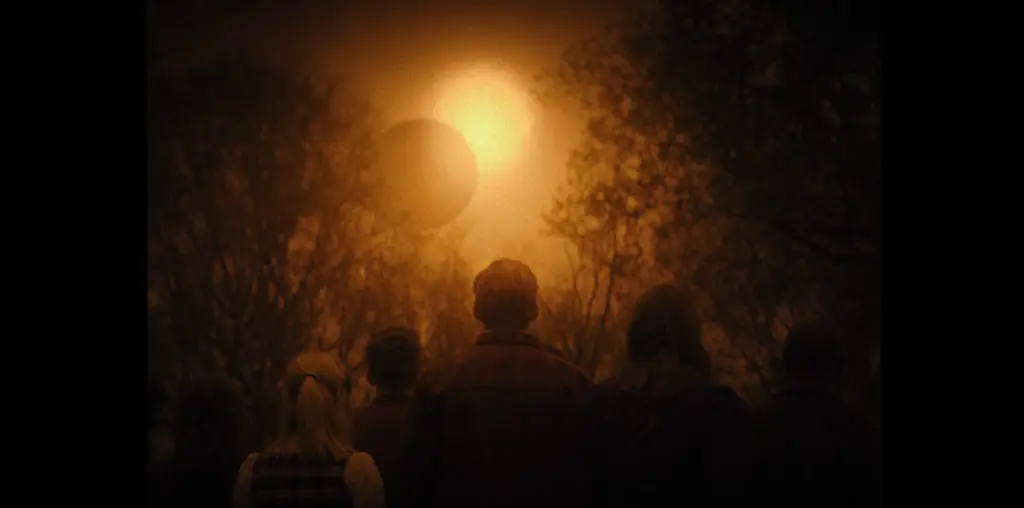
Every year, approximately 70,000 American teenagers receive a cancer diagnosis. In his new documentary, Cancer Rebellion, filmmaker and leukemia survivor Hernan Barangan tries to put faces to that statistic. Generally speaking, the film is a compilation of interviews that he recorded during a yearlong, cross-country road trip, on which he met former and current teen cancer patients from all 50 states.
Overall, Barangan has two objectives in Cancer Rebellion. As mentioned, the first one is giving visibility to teen cancer patients – and in this, he definitely succeeds. For one, by featuring interviews with patients from all 50 states – whether they’re white or black, male or female, gay or straight – Cancer Rebellion naturally draws attention to cancer’s ubiquity. It inherently allows you to see, in other words, that cancer affects many more young people than you might expect.

“…featuring interviews with patients from all 50 states – whether they’re white or black, male or female, gay or straight…”
In keeping with this idea of visibility, moreover, what specifically stands out about Cancer Rebellion’s interviewees is how ordinary they are. If you don’t know anyone who has cancer, it’s easy to see cancer as a distant problem that affects either movie characters (think The Fault in Our Stars) or abnormal people. But the teenagers we see in Cancer Rebellion are both unglamorous and commonplace: they want to go to prom, they like video games and sports, and so on. If you didn’t realize it before, you consequently leave Cancer Rebellion with the awareness that cancer affects people who are just like you and me.
Meanwhile, Barangan’s second objective is to depict what it’s like to have cancer. Over the course of the film, his interviewees discuss every aspect of life with cancer, including what it’s like to get the initial diagnosis; the process of chemotherapy; awkward topics, like the freezing of sperm and egg cells; and the constant fear of recurrence that accompanies the end of chemotherapy.

“Barangan’s presence in the film illustrates cancer’s lasting effects, demonstrating the physical and emotional burdens that patients carry…”
In the past, filmmakers have often exploited stories of life-threatening illnesses, distorting them for the sake of cheap sentimentalism or attention-grabbing sensationalism. One key reason why Cancer Rebellion feels nonexploitative, however, is the fact that Barangan includes his own story in the film. Although his main focus is the people he interviews, Barangan also turns parts of Cancer Rebellion into a sort of diary. We see that the stories of his interviewees affect him personally – and at one point, in a testament to the brittleness of his post-leukemia body, we watch as he’s forced to spend time in a hospital after coming down with a severe fever.
Ultimately, this self-reflexiveness has two meaningful consequences. First, Barangan’s presence in the film illustrates cancer’s lasting effects, demonstrating the physical and emotional burdens that patients carry even after they’re officially “cured.” More significantly, however, you could say that Barangan’s presence also “levels the playing field” between him and his on-screen subjects. Instead of approaching his subject matter as a removed, potentially exploitative outsider, Barangan is in some ways a part of the story he tells, and that lends the film an authenticity and empathy that a more conventional and melodramatic screen treatment would lack.
Cancer Rebellion certainly isn’t a perfect film. Its ending is a bit cheesy, and some parts of it feel tangential, like a scene in which Barangan tells a friend about driving from Fargo to Kansas City in a day. But in general, this is a well-made film that captures the complexity of life with cancer, depicting its good and bad aspects without being condescending or weepy. With luck, at least some teenage cancer patients will get the chance to see this film – and thereby realize that they’re anything but alone.
Cancer Rebellion (2018) Directed by Hernan Barangan. Featuring Hernan Barangan.
8 out of 10

